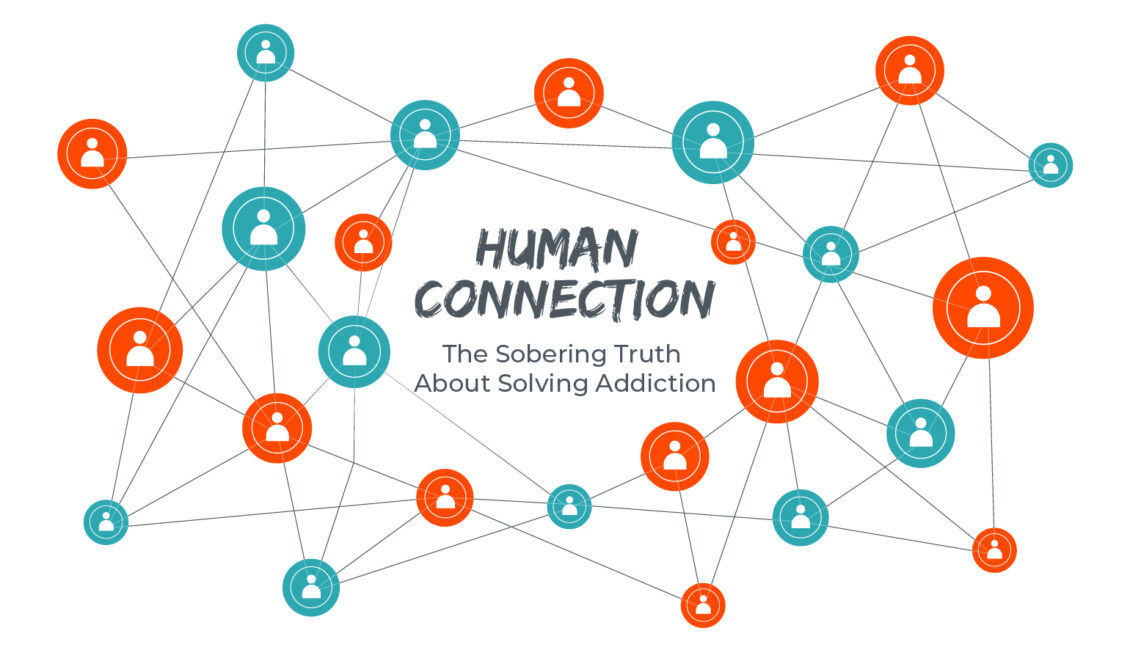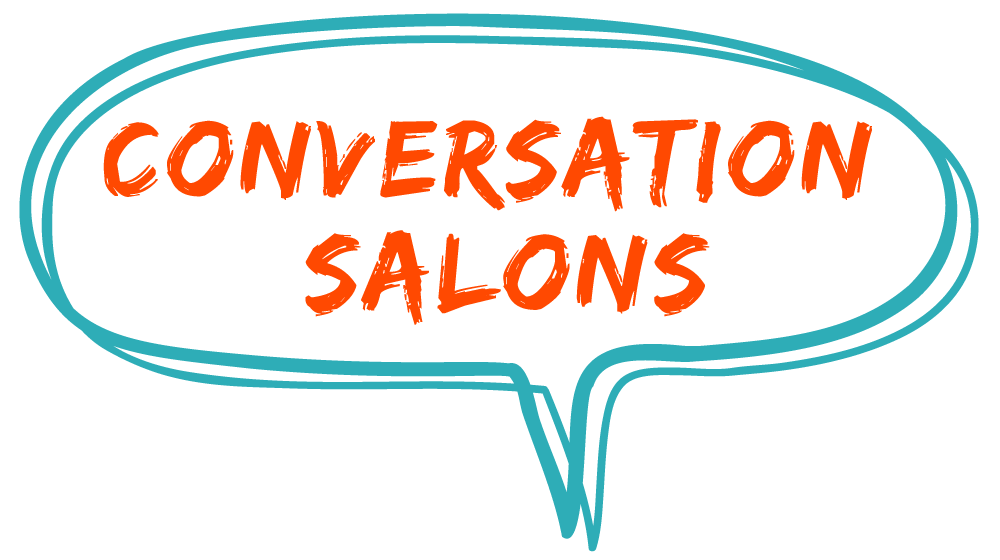
By Gillian Arigho
When Covid-19 first hit and the world entered lockdown, our perceptions of what was important – both in global and personal stances – were challenged. Suddenly, our ability to connect in its most natural form was halted and our means of linking meaningfulness to people and objects disrupted. Flights were cancelled, events were scratched and appointments postponed. Over the following weeks what we really needed in order to stay sane and well had started to become apparent. Adaptable by nature, we looked to fill the gaps and connect the dots to form any shreds of normalcy. What this rather tumultuous time has revealed to many of us is, though nostalgic for times pre-pandemic, maybe our former habits and routines hadn’t truly been meeting one of our basic needs: human connection. It was only when it had been taken from us did we realise how much we depended on it.
Author and speaker Charles Eisenstein addresses this by saying “the things we think we want are often substitutes for what we really want, and the pleasures we seek are less than the joy that they distract us from”. Sometimes we don’t know what we want but we know there is something deep within us that needs nourishing. If we don’t understand the problem, how do we find a solution? Our impulses tell us that whatever has to be done, it has to be done fast, and we fall into a pattern of behaviour that often does more harm than good.
The society we live in today has conditioned us to find meaning through objects and to live a consumerist lifestyle. We’ve commodified just about everything from culture and nature to education and time. We are told any emptiness we feel can be filled, to some extent, with a good, a service or an experience. We’re taught to be individuals; to stand out from the crowd. Be your own person and don’t rely on others as the only person you can really count on is yourself. Being emotional in certain settings has been misconstrued as a sign of weakness and to be hidden from the outside world. We’ve become so afraid of being intimate and truly connected with others because we fear it leaves us vulnerable to criticism. To be truly seen, to speak candidly and feel heard and understood by others, however, is not just a want but psychological need.
Although technology and society is advancing constantly, our basic human needs have remained essentially the same. The way in which to meet them, though, has been marketed to us in an entirely different way. Using alcohol to feign courage, social media presence to create esteem and image, video games as a means to seeing success and progression in a story outside of our own; it’s all relative to what we feel we need but can’t easily attain in everyday life. We try to substitute what we really want with something else, as if some sort of social alchemy will kick in. We hope these instantly gratifying, yet often empty, behaviours transform into something more meaningful, more potent or powerful. The search for purpose created through what we have in our lives, and not who we surround ourselves with, only echoes the omnipresent mild dissatisfaction some people inexplicably feel in relation to their lives.
These items and actions are an attempt to patch up something that isn’t just splintered, but smashed. We live to work and chase a dream that is often not our own. There are standards to be upheld and expectations to meet. Even in our spare time do we feel the need to be productive, sometimes feeling guilty for not working. With pressure mounting from every direction we have to ask the question, who wouldn’t want to run from it all? So we find solace in whatever way we see fit; the internet, shopping, drugs, food, sex. Sometimes we fall too far into these indulgences and find ourselves addicted to a substitute and disconnected from what we really value. By being trained from a young age to attach joy to things and not to people, we attempt to live this unsustainable and frankly unnatural lifestyle.
Escaping our addictions is not a matter of going cold turkey. It’s not just stopping a behaviour because we are told it’s unhealthy, or it’s unproductive or because it’s some moral failing. A society has been created where we can’t bear to be present in our own lives without some release and addiction is a by-product of that. In order to outrun the urge to indulge, we have to find connection with and through others, and use that as a way to create a meaningful purpose – one that we decide for ourselves. If we have a good reason to get out of bed in the morning, whether it’s our friends, family, our community or a project we love, we’re much less likely to need to escape. When our only meaningful connections are grasped at and found through escapism, it’s only natural we feel lonely and isolated. These negative experiences are symptomatic of the social withdrawals we don’t even realise we’re going through.
When we take the stance that “every behaviour is a need trying to be met” it is easier to understand how all of our addictions, in their varying forms, are a reaction to the world around us. Change the narrative that bad habits and cravings or compulsions are to be punished. Aim to understand the cause of them and what the alternative, human route to remedying it could be. By becoming conscious of our vices we can make tiny changes that might nurture a need we didn’t realise was undernourished in the first place. Build your social connections in whatever way you see fit, be it a sports team, book club, volunteer group, a counselling session or whatever it is and embolden yourself and others to be vulnerable and true to self. See each other, know each other, understand each other. Throw the kitchen sink at it. Reinforce the fact that when you are part of an uplifting community there are less cracks to fall through and more reason for being. Honour the hard wiring of human nature and intertwine your life with those of others – it is crucial to the fabric of our being.
I’LL HAVE ONE MORE BYTE
Want to know more about this topic? Check out this TED Talk by Johann Hari titled Everything you think you know about addiction is wrong. It inspired this piece hugely and directly addresses the impact of the War on Drugs and how we dismiss and punish the notion of addiction.
Read More: Censored Conversations
Read More: Social Connections = Survival
